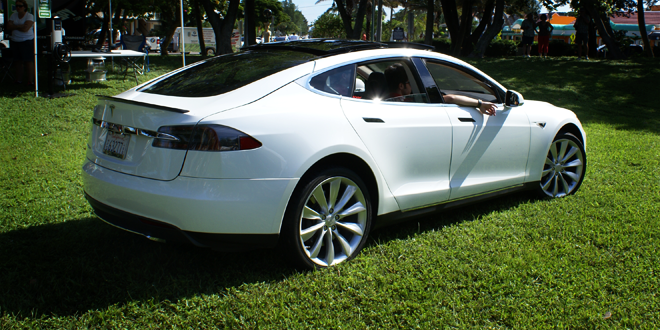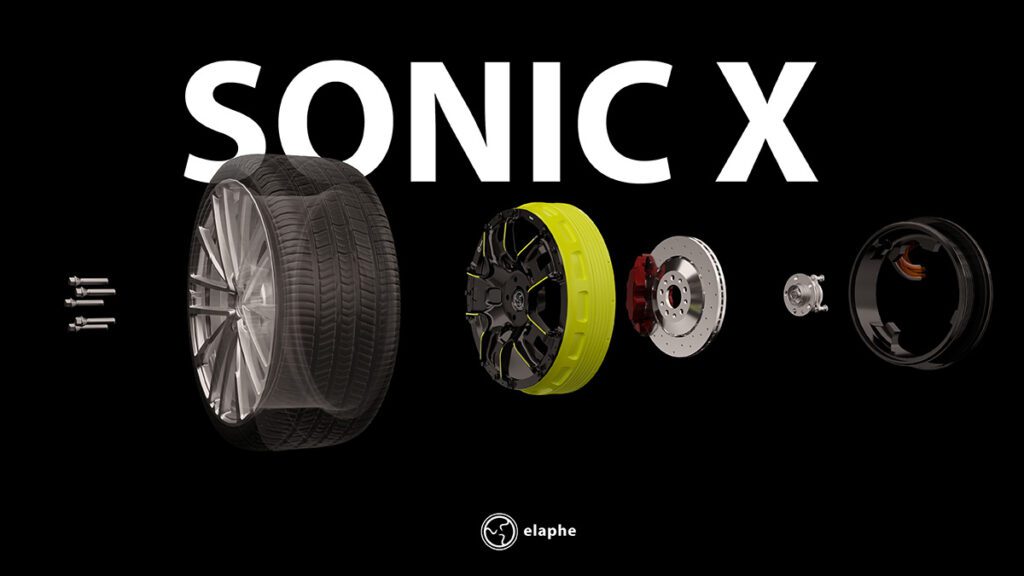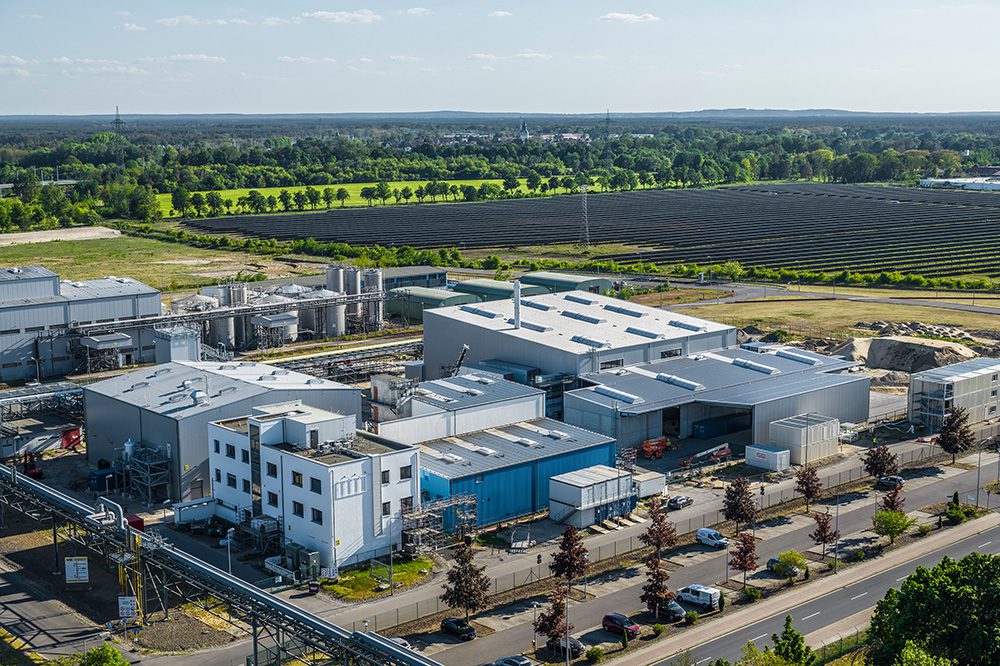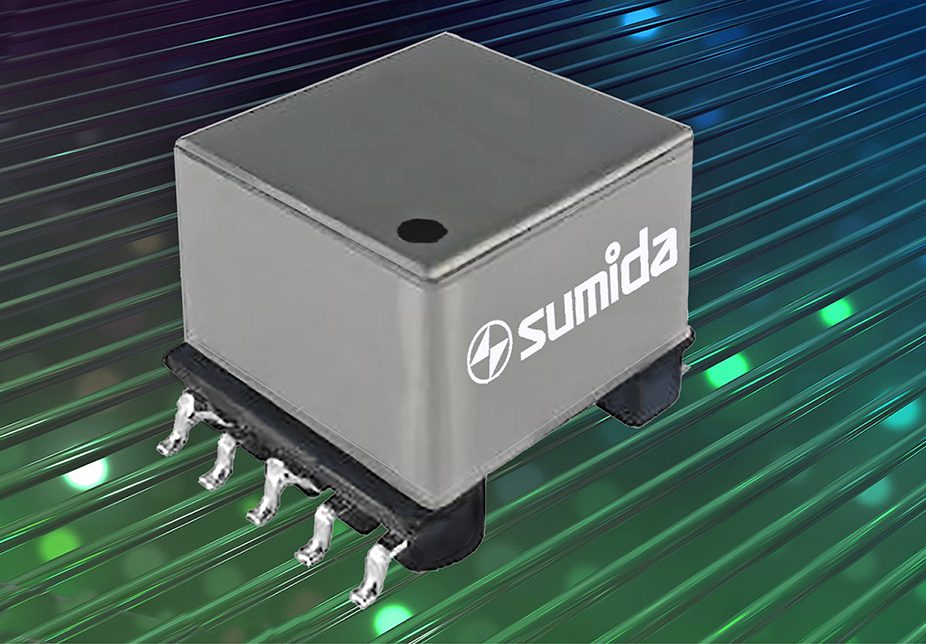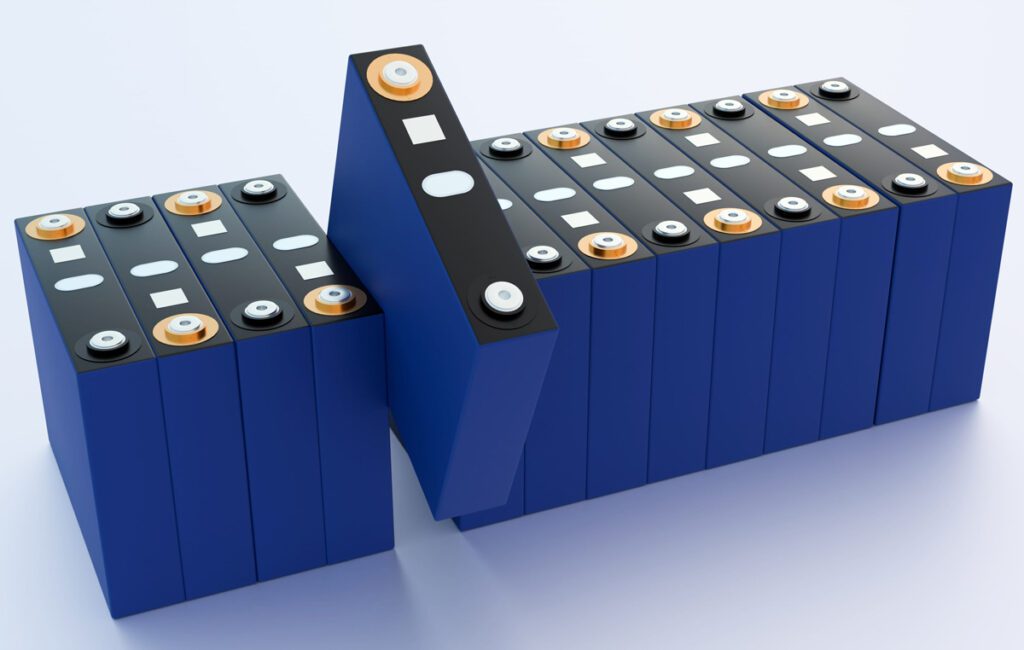Officials from the Federal Trade Commission (FTC) have weighed in on the war between Tesla and the state auto dealers’ groups. They join several prominent politicians, a group of 70 economists and law professors, and over 133,000 citizens who signed a pro-Tesla petition in saying that state laws prohibiting the company’s direct sales model amount to protectionism for car dealers, at the expense of consumers.
Writing in the Competition Matters blog, FTC officials Andy Gavil, Debbie Feinstein, and Marty Gaynor said, in respect to the various state governments’ moves to restrict Tesla’s direct sales, “We believe this is bad policy for a number of reasons.”
The three point out that their views “do not necessarily reflect the opinion of the Commission,” and of course this doesn’t change any existing laws. The relevant regulations are set by state legislatures, so it’s not clear that the federal government could do anything to resolve the dispute even if it wanted to. However, it’s encouraging to see such an influential voice join the pro-Tesla chorus.
The blog post reads, in part:
Consumers once shopped predominantly at their local stores; but first mail order catalogs and today the Internet have created new ways to shop for and purchase a wide range of goods and services. Similarly, consumers once arranged for taxis by hailing one from a street corner or by calling a dispatcher; yet today, smartphones and new software applications are shaking up the transportation industry, creating new business opportunities and new services for consumers.
In buying cars, however, these new ways to shop may not be available to consumers. For decades, local laws in many states have required consumers to purchase their cars solely from local, independent auto dealers. Removing these regulatory impediments may be essential to allow consumers access to new ways of shopping that have become available in many other industries.
This very question has been raised across the country, as a still-young car manufacturer, Tesla, pursues a direct-to-consumer sales strategy that does not rely on local, independent dealers.
In this case and others, many state and local regulators have eliminated the direct purchasing option for consumers, by taking steps to protect existing middlemen from new competition. We believe this is bad policy for a number of reasons.
American consumers and businesses benefit from a dynamic and diverse economy where new technologies and business models can and have disrupted stable and stagnant industries, often by responding to unmet or under-served consumer needs. When that occurs in an industry long subject to extensive regulation, existing businesses—like automobile dealers—often respond by urging legislators or regulators to restrict or even bar the new firms that threaten to shake up their market.
Dealers contend that it is important for regulators to prevent abuses of local dealers. This rationale appears unsupported, however, with respect to blanket prohibitions of direct sales by manufacturers. And, in any event, it has no relevance to companies like Tesla. It has never had any independent dealers and reportedly does not want them.
FTC staff have commented on similar efforts to bar new rivals and new business models in industries as varied as wine sales, taxis, and health care. We have consistently urged legislators and regulators to consider the potential harmful consequences this can have for competition and consumers.
Regulators should differentiate between regulations that truly protect consumers and those that protect the regulated. We hope lawmakers will recognize efforts by auto dealers and others to bar new sources of competition for what they are—expressions of a lack of confidence in the competitive process that can only make consumers worse off.
Source: FTC via Green Car Reports







